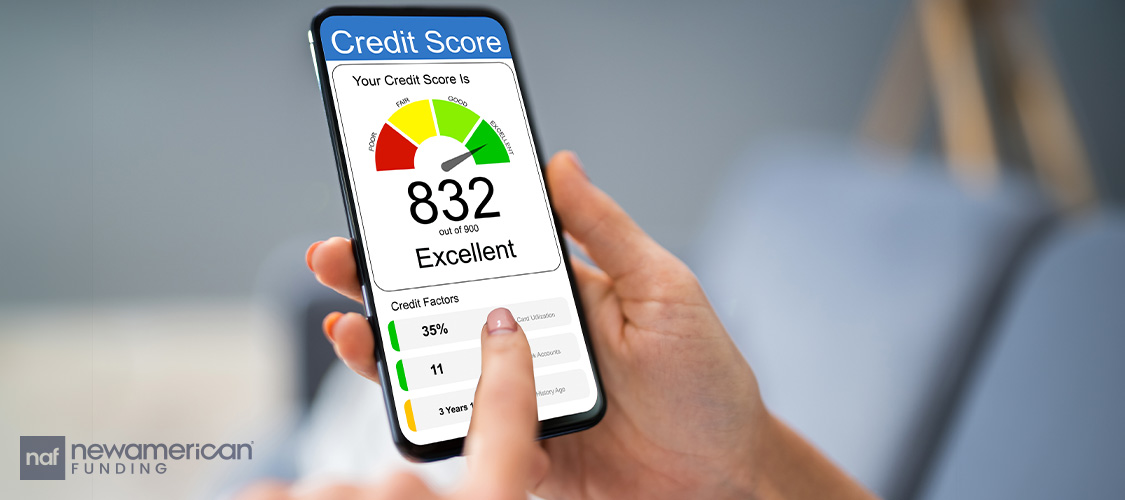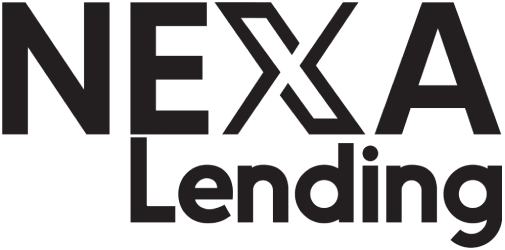How to get a loan while in Chapter 13 Bankruptcy

Many homeowners and prospective home buyers who are in an active Chapter 13 feel that it will be impossible to be approved. Getting a mortgage loan while in Bankruptcy is, however, possible. There are extra steps and the qualifications aren’t all simple. Follow the process, however, and the home loan you need may be closer than you think.
Time in your Chapter 13 plan is the first determining factor. The minimum time in your plan will be 1 year for FHA or VA financing. Trustee payments need to be made within the month due. For non-agency or non-QM programs, 2-3 years will be the minimum time active in the plan – also wanting to know that all the required payments have been made to the trustee.

Credit score in your Chapter 13 – your credit score undoubtedly went down as soon as you filed. The situation that led to deciding to file for bankruptcy likely lowered your scores if you got behind on your mortgage or other credit accounts. The great thing is that all the negative reporting was stopped with your bankruptcy filing and allowed you to consolidate and get caught up. Many debtors do see their scores improve in 1-2 years of filing. The government programs will require a minimum 580 credit score (best two out of three) and the non-QM programs will usually require a 640+ score. Believe it or not – this is a doable thing! Best practice is to keep one credit card out of the plan and in good standing – best to have a low balance, also. Having a car loan or similar that you pay on your own, rather than in the Chapter 13, can also help keep your scores above these required levels. It might not be in month 6, or month 9, but by month 12-18 – many people see scores in the low to mid 600s. If you are able, getting added on as an authorized user on an established credit card account, can also really help your credit scores improve while in Chapter 13.

Employment and income in your Chapter 13 need to be stable and or increasing. Many Chapter 13 bankruptcy filings are a result of temporary loss of income. To qualify for the mortgage you want, you’ll need to be back to work full time, have 2 years in the same line of work, and you will be required to document that income. Self Employed or 1099 applicants will need the two most recent filed tax returns, personal and business, if applicable for FHA and VA loans. There are some non-agency bank statements, P&L and 1099 programs – these are tougher to qualify for and the guidelines change with the market – but can work for some borrowers, especially with 3+ years into Chapter 13 repayment.
Trustee or court approval in your Chapter 13 will be an underwriting requirement prior to closing. You can still get prequalified and start the approval process before getting court approval. In most cases, your attorney will want to see the pre approved terms along with a Loan Estimate or preliminary settlement statement or preliminary Closing Disclosure. There are close to 200 Chapter 13 trustees around the country and they all have a similar process for approving a home loan transaction while in active Chapter 13.
A Discharged Chapter 13 makes the process much simpler because that eliminates the need for attorney or court/trustee involvement. Most programs will allow this transaction to move forward as soon as 1 day discharged. The qualifications for income, employment, credit, and assets will still apply.
A Dismissed Chapter 13 can be tricky to be approved for a home loan. Dismissals can happen at the direction of the trustee – or an involuntary dismissal, or at the direction of the client/debtor for any number of reasons. A dismissal is not a completion of the plan so creditors after a dismissal can post retroactive negative activity, like 30,60, 90 days past due – all the way back to your filing date. This can severely cripple your credit scores and make it very difficult to qualify for financing. This situation is, however, case by case and needs to be analyzed at prequalification. This doesn’t mean it is impossible, just be aware that it can be complicated and difficult.
Buying a home in Chapter 13 is possible for 1-4 unit residential properties, condos, and manufactured housing. Eligible Veterans can qualify for 100% financing, FHA requires 3.5% minimum down, and non-QM loans will require 20-30% down minimum.

Refinancing a home in Chapter 13 is most commonly done with cash out to pay off the bankruptcy plan and receive an early discharge. All programs but VA will max out at 80% of the appraised value of the home. VA loans can go as high at 100% of the appraised value, to include the VA funding fee, if applicable.
My name is Eric Vander Werff and I’ve specialized in helping borrowers with residential home loans while in Chapter 13 for 10+ of my 20 years in this business. The above isn’t all-inclusive but should give you a good roadmap for navigating the process and what to expect. Not everyone qualifies at first, but I don’t want that to discourage you from reaching out. I’ve handled thousands of applications and have the experience to advise you on the best way to get qualified for a home loan, whether it is buying a home or refinancing your current home.


